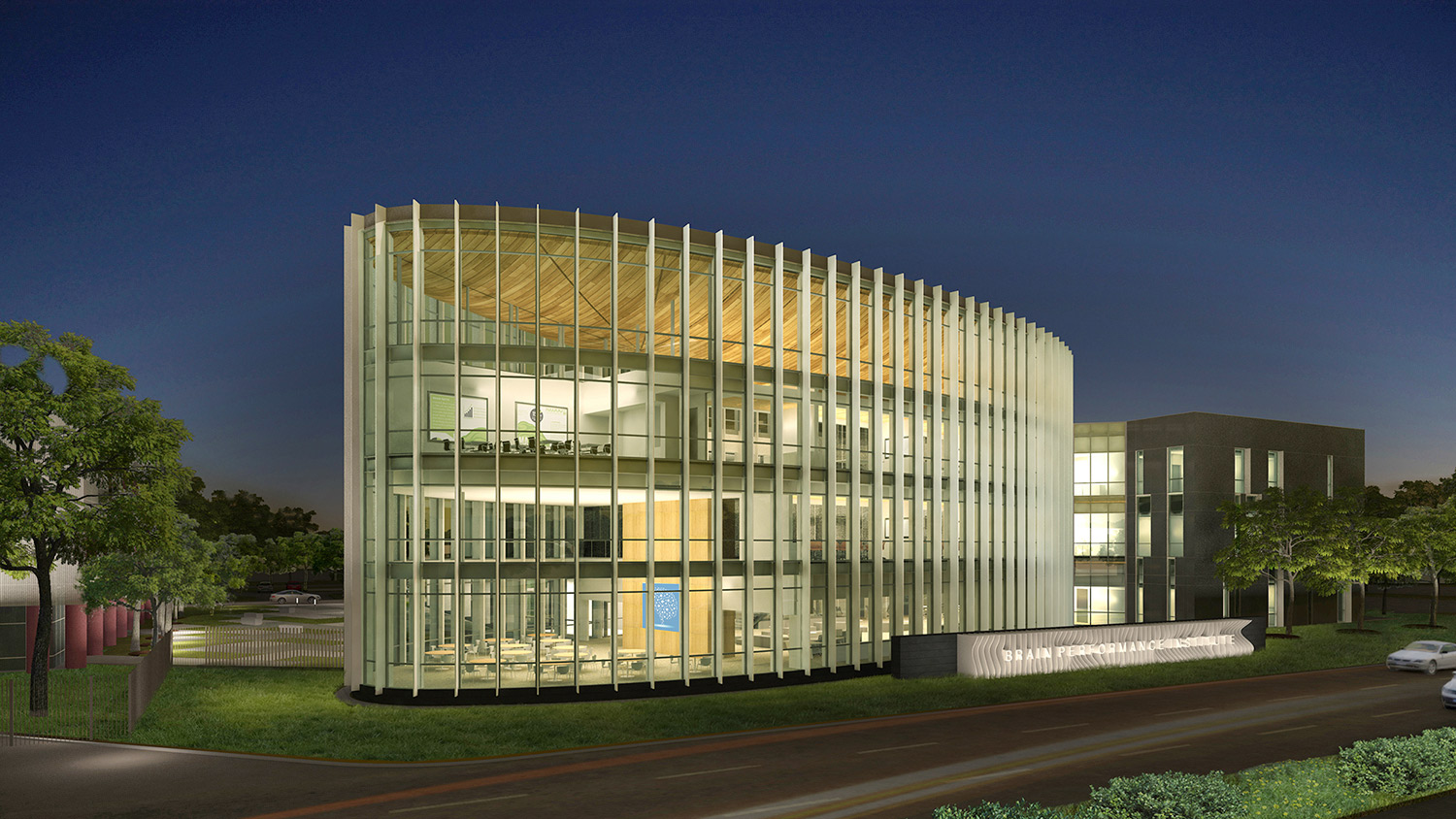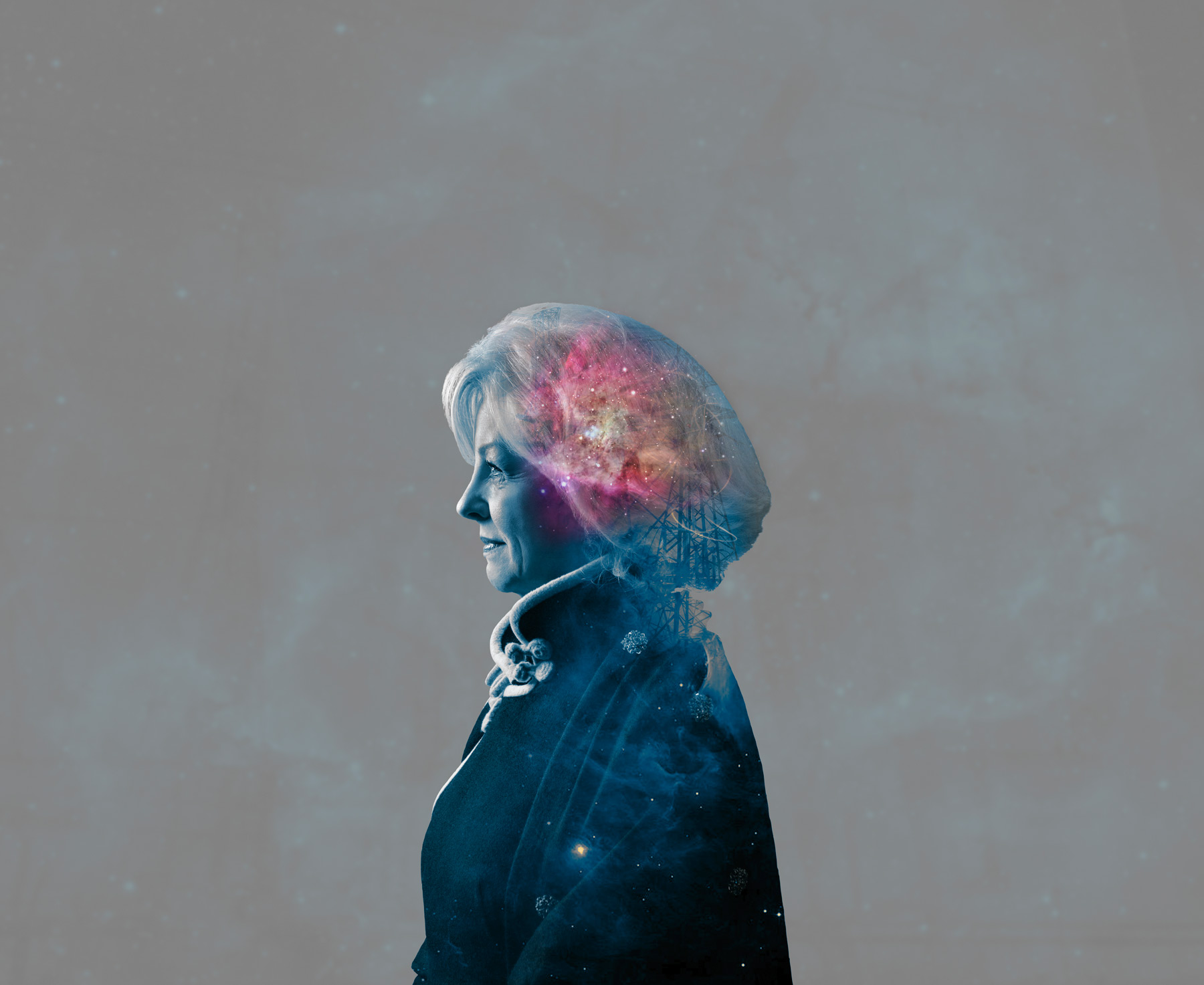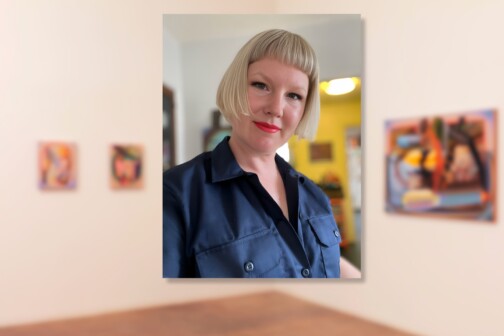Why You Need to Know Her:
Because the founder and chief director of the Center for BrainHealth at The University of Texas at Dallas is passionately committed to understanding, protecting, and healing the brain. Dr. Sandra Bond Chapman is a leader in brain health research, transforming how people of all ages can develop a smarter brain, whether they are healthy or debilitated by injury or disease. She envisioned and founded the Center for BrainHealth in 1999, 13 years after earning a Ph.D. in cognitive-communication disorders from The University of Texas at Dallas. The one-of-a-kind center, on West Mockingbird Lane in Dallas’s Medical District, has since become a mecca for cognitive brain research, attracting some of the nation’s leading neuroscientists. Its annual budget is $32.1 million, a large portion of which comes from UT Dallas and private donations. It also receives grants from entities like the National Institutes of Health and the Department of Defense.
The Center for BrainHealth doesn’t focus on what is fundamentally wrong with the brain, but instead works toward maximizing its potential. Chapman says she and her team are dedicated to regaining cognitive strength and retraining the brain through innovative and life-improving research. The challenging part: changing how the public thinks, acts, and prioritizes care when it comes to the brain and its well-being.
Many clients—the Center for BrainHealth doesn’t use the term “patient,” in an effort to combat a fearful stigma—believe that when it comes to brain health, you’re either OK, or you’re not.

The programs at the Center for BrainHealth evaluate brain functionality, coaching individuals to think smarter—not harder. The complex training programs are offered to individuals of all ages, with specific programs geared toward teens, college students, military personnel, caregivers, and, one of its newest facets, executives.
The executive training program is a nine-hour group session that focuses on strategic thinking, integrative reasoning, innovation, and mental energy. Specifically, it concentrates on day-to-day matters like decision-making, strategic thinking, and problem solving.
Executives like Lucy Billingsley of commercial real estate firm Billingsley Cos., as well as companies like AT&T and 2M Cos., have enrolled in the program. Chapman admits that routine undertakings like multitasking and information overload can reduce mental performance.
It’s in the best interest of businesses’ bottom lines, Chapman says, to carefully consider the mental fitness of its leaders. “Corporations often push employees to a point of decreased mental productivity,” she says. “They have the greatest room to benefit.”
The conditions in which you work—cubicle, open space, or at home—can also impact your brain’s health. To better equip DFW’s workforce, the Center for BrainHealth consults with companies to create office layouts that provide the brain with a healthy work environment. Recently, the center worked with Ross Perot Jr. on plans for the new Perot family campus on Turtle Creek. “We help to create an environment that makes employees more efficient processors and better thinkers,” Chapman says.
Open office concepts are not always the most productive, she says: “Everyone has this false notion that [an open office space] inspires innovation, and nothing could be further from the truth. It is hard for the brain to have to work to block out distractions and work on a specific task.”
Given that the brain is the body’s most complex and intricate organ, there is no shortage of research potential for the Center for BrainHealth in the future. With a new state-of-the-art facility called the Brain Performance Institute being built near the center and scheduled to open in 2017, Chapman’s team of neuroscientists will be able to help more people unlock their mental potential.
“We are probably able to help 2,000 to 5,000 clients [each year], but we want to be able to help hundreds of thousands every year,” she says. “We want to have a brain health revolution. If you walk in our doors, you can feel our passion and commitment. We want to be the pioneers for brain health.”






